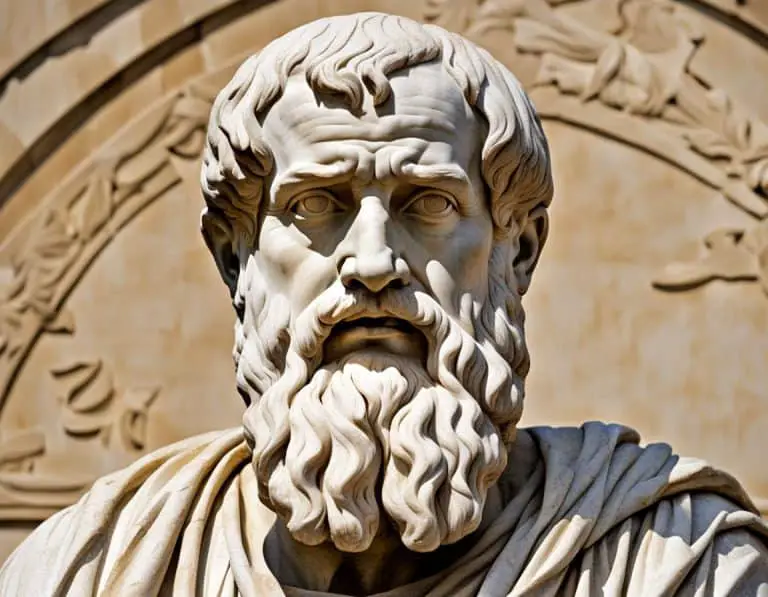Introduction
Plato’s critique of poetry, particularly in The Republic, remains a topic of intellectual debate. He viewed poetry and other forms of artistic expression as emotionally manipulative, leading individuals away from rational thought and truth. In today’s digital age, social media functions as a modern parallel to poetry in Plato’s time—shaping public perception, emotions, and political discourse. This article explores how Plato’s concerns about poetry’s influence can be applied to social media, examining its role in shaping knowledge, emotion, and public discourse.
Plato’s View on Poetry and Emotion
In The Republic, Plato famously argued that poetry appeals to human emotions rather than reason, making it a potential threat to rational discourse and moral virtue. He believed that poets, by crafting compelling narratives, could distort truth and manipulate audiences. Similarly, social media platforms often prioritize sensational and emotionally charged content, encouraging reactions over thoughtful reflection. The algorithms that amplify emotionally engaging posts mirror the concerns Plato had about poetry’s power to mislead.
The Role of Imitation and Mimesis
Plato’s concept of mimesis, or imitation, is central to his critique of poetry. He argued that poets merely imitate reality rather than engage with its deeper truths, leading to a distortion of knowledge. Social media, with its emphasis on curated images, viral trends, and influencer culture, operates in a similar fashion. The representation of idealized lifestyles, selective storytelling, and echo chambers within digital spaces reflect Plato’s concerns that imitation can lead individuals away from objective reality and critical thinking.
Public Discourse and the Spread of Misinformation
One of Plato’s key criticisms of poetry was its ability to shape public opinion in ways that were not necessarily aligned with truth or justice. Today, social media plays a significant role in political discourse, often amplifying misinformation and polarizing debates. Just as Plato sought to banish poets from his ideal republic to prevent their influence over the polis, contemporary societies grapple with regulating misinformation and the ethical responsibilities of digital platforms.
Plato’s critique of poetry finds a striking modern parallel in social media, where emotional appeal, imitation, and the shaping of public discourse play significant roles. His concerns about poetry’s ability to distort truth and influence society remain relevant as we navigate the complexities of the digital age. While outright censorship, as suggested by Plato, may not be the solution, fostering critical engagement and media literacy aligns with his vision of a well-reasoned society. Plato’s insights serve as a reminder to approach social media with skepticism and an awareness of its potential to shape, and sometimes distort, our understanding of reality.
